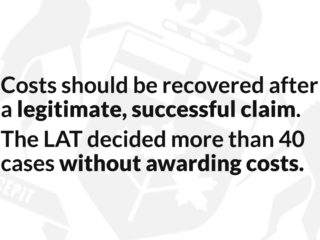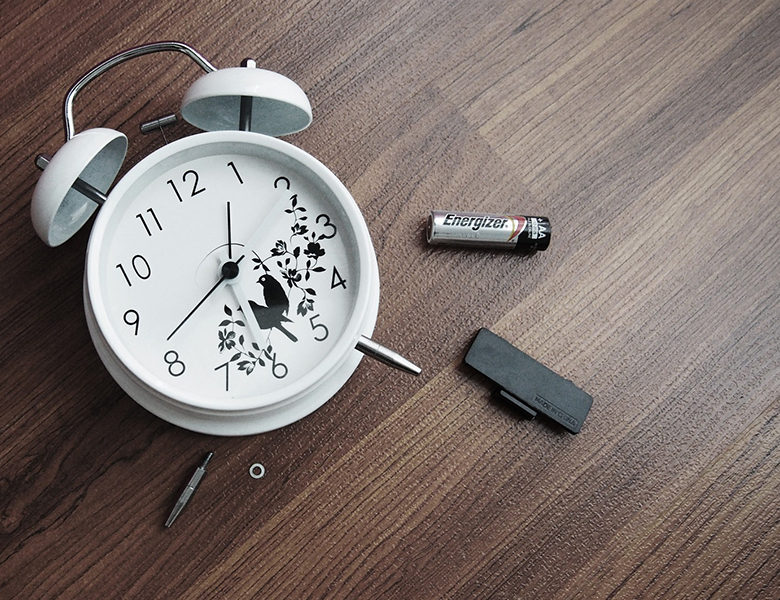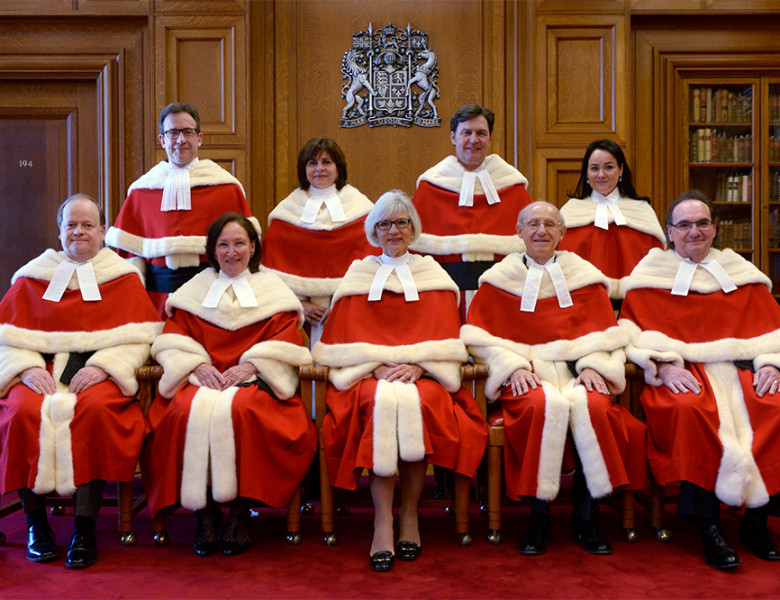Many companies require their patrons to sign a liability waiver before they can partake in the proffered activity. By signing a liability waiver, you are agreeing to give up your right to sue should you be injured during the activity. If you are injured during the activity, there are certain circumstances in which the courts have found waivers unenforceable…
Case Law Category Archives
Sexual Abuse Damages In Ontario Not Subject To General Damages Cap
In the recent Ontario Superior Court decision of D.S. v. Quesnelle, Justice Smith made it abundantly clear that in Ontario, general damages caps do not apply in civil sexual abuse claims. This decision should be commended as the policy rationale for general damages caps in most other areas of personal injury are drastically different than in the context of sexual abuse cases.
How will my health records be used in a trial?
Personal injury litigation begins with the collection and sharing of all your health records with the lawyers and parties involved in your action. This article will explain some of the ways your health records will be used by the lawyers at trial.
Stretching the Limitation Period in Ontario
A couple of recent cases from our Court of Appeal confirm that a limitation period can be stretched beyond the usual two years, but only if it would not be appropriate for a plaintiff to start the legal action earlier. In Ontario, the Limitation Act, 2002 governs the time limits for when a legal action needs to be filed. In most cases the usual rule is that a civil action must be filed within two years of when the event occurred. However, the two-year time frame will not start until the claim is “discovered”.
OLG’s Duty of Care to Victims of Problem Gambler
The Court of Appeal of Ontario has recently determined that a claim brought against the Ontario Lottery and Gaming Corporation (OLG) should move forward after the victims of a gambling addict, who stole over $4 million dollars to feed her habit, sued the gaming authority. Shellee Spinks was a law clerk from Hamilton who stole the money from the appellants – the Paton Estate –among …
Canada’s Independent Judiciary
On Thursday June 11, 2015, our Supreme Court of Canada ruled that the law limiting medical marijuana to dry leaves infringes on Canadians’ liberty and security of person protected by section 7 of the Charter of Rights and Freedoms. The Court was unanimous in ruling that medical marijuana can be legally consumed in a range of ways, from cannabis-infused cookies and brownies to cooking oils …

















